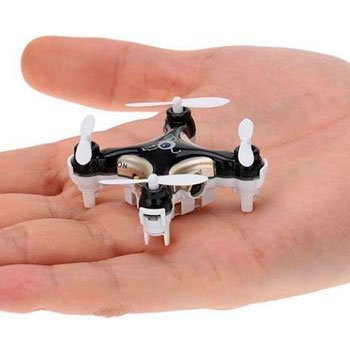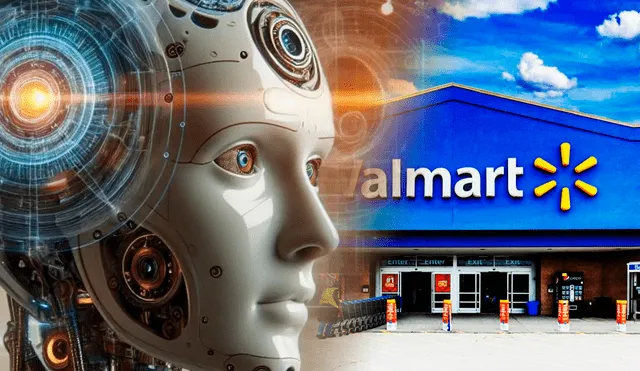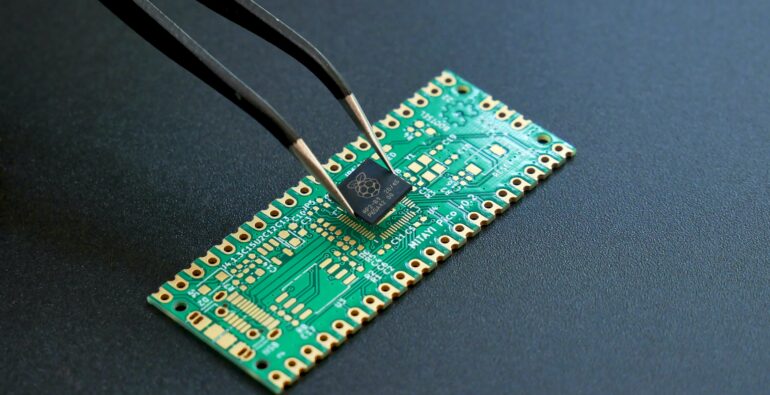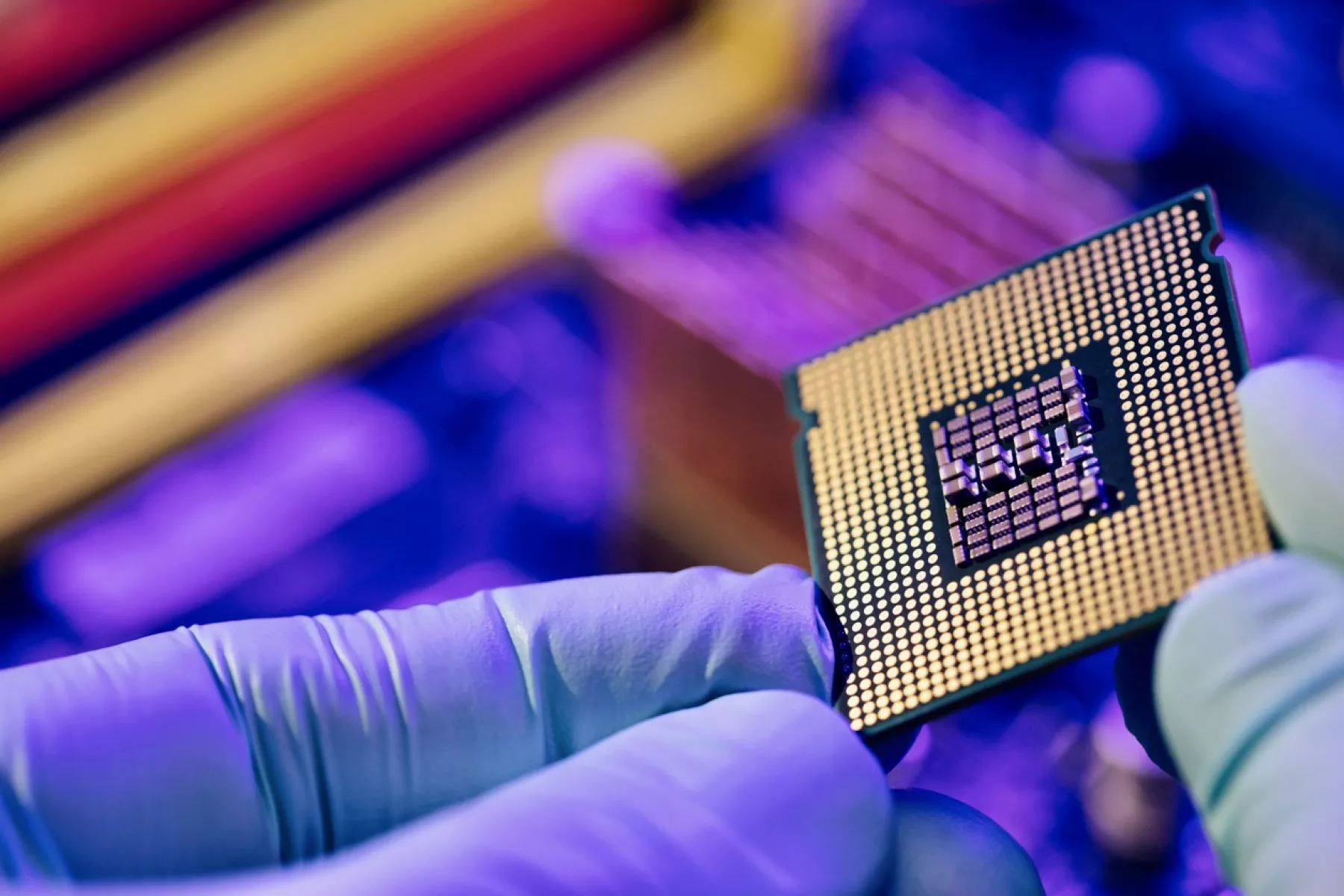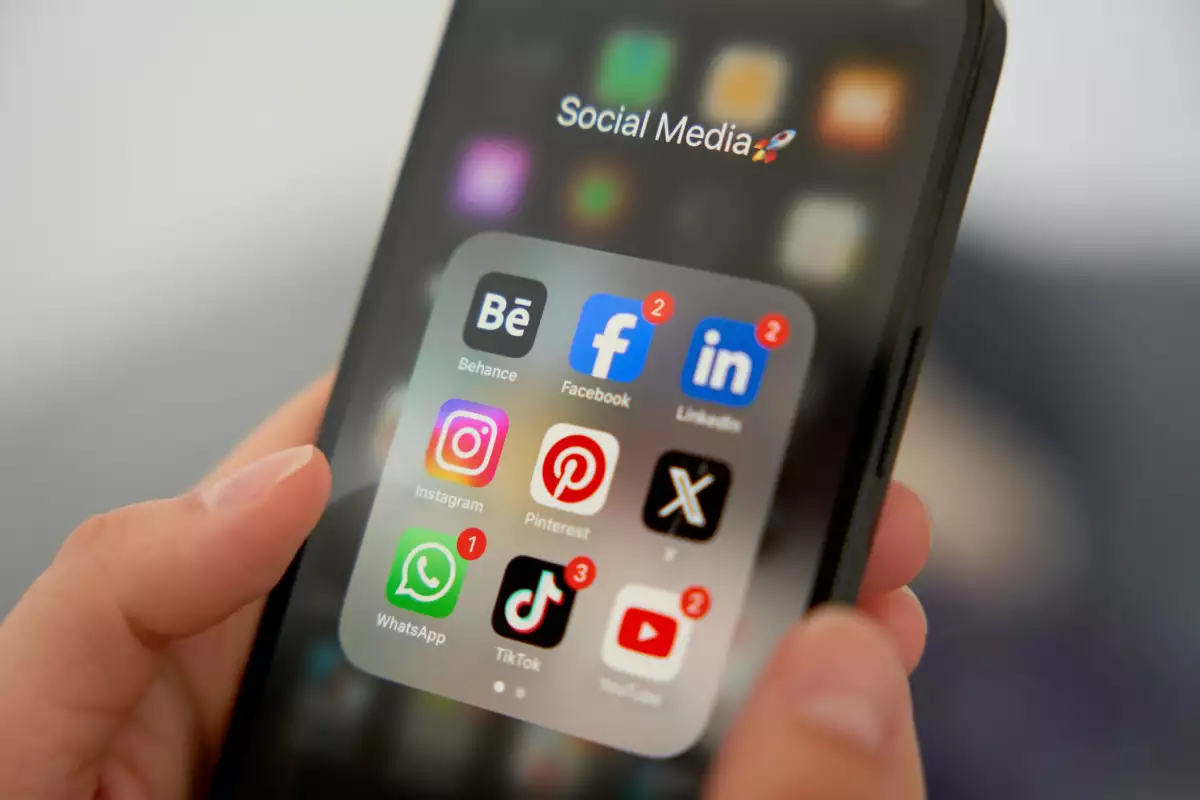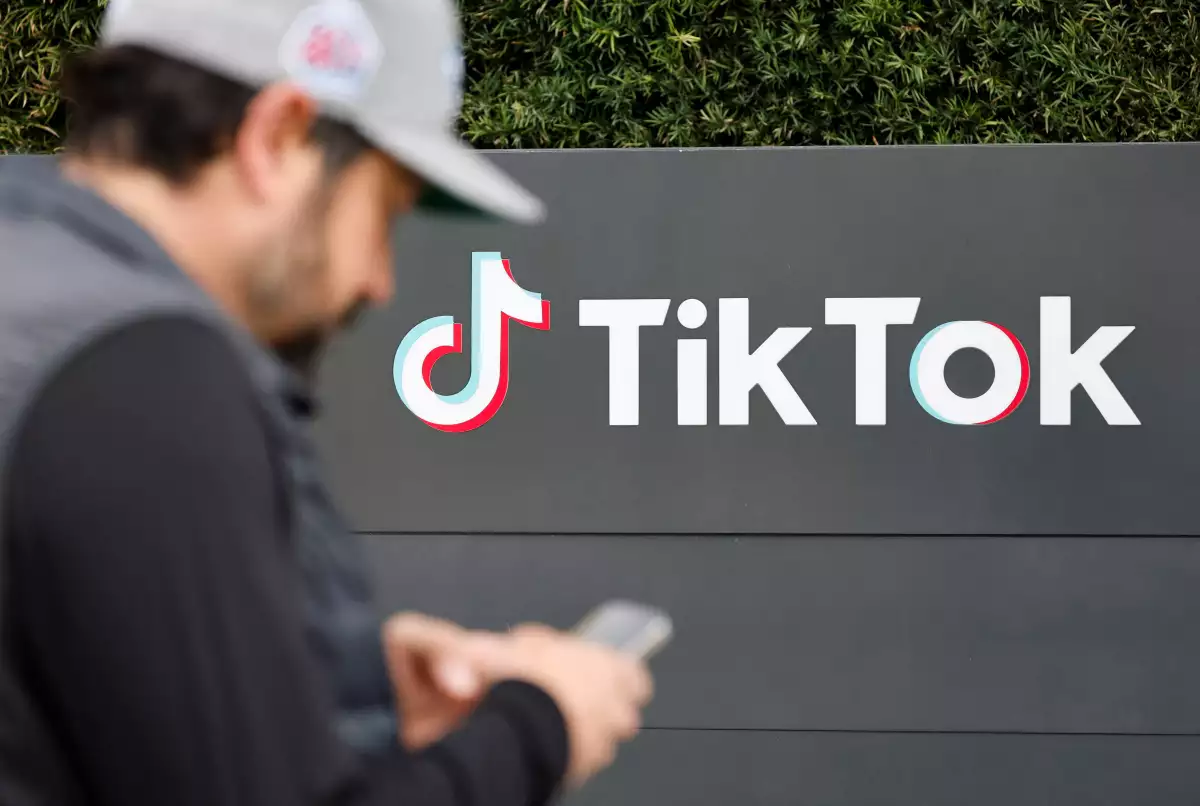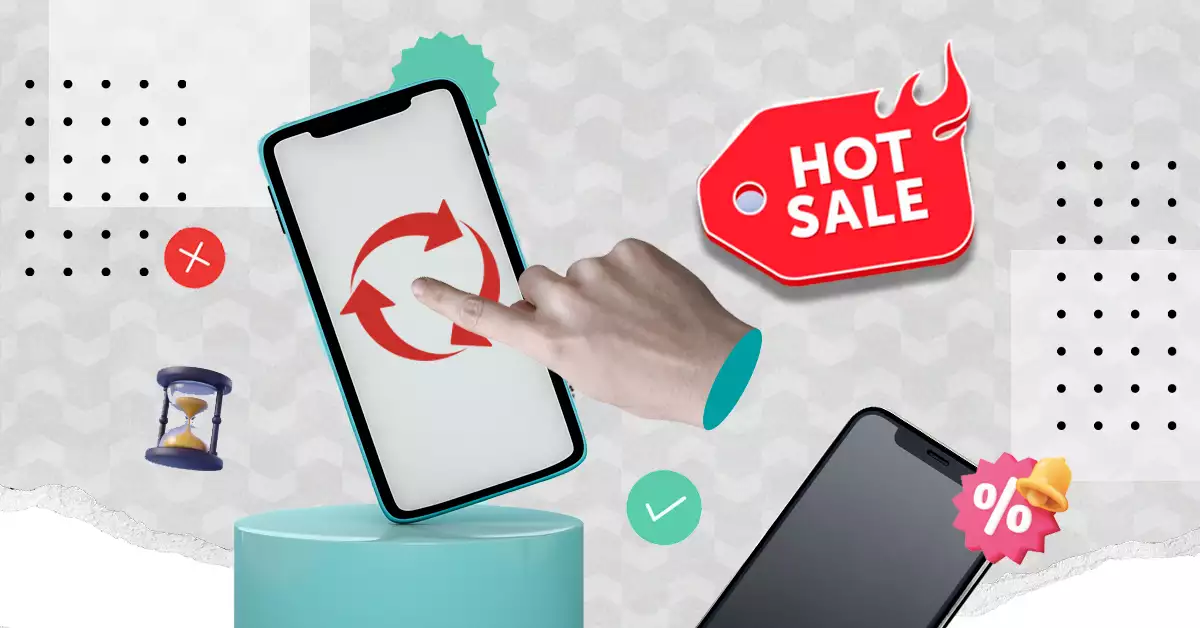.png)
The future is now: 5 disruptive technologies that will dominate by 2025
not only in the business landscape, but also in our daily lives, opening up a range of possibilities in commerce, communication and beyond.
In the technological world, the only constant is perpetual change. As we look ahead to the next decade, it is clear that we will see advancements that will change the dynamics.
An example of this is that emerging technologies such as artificial intelligence and sustainable energy sources will fundamentally redefine our patterns of living, working and social interaction.
In this context, it is essential to stay up to date with these emerging innovations, both for personal and professional development.
The ability to stay informed and adapt quickly, providing a competitive advantage, allowing us to capitalize on new opportunities that arise.
In this post, we will explore the most significant technology trends that will set the course for 2025.
Technology trends for 2025
Today, various technologies are driving substantial changes, allowing businesses to optimize their efficiency and competitiveness. These solutions not only improve existing processes, but also generate new avenues for growth.
Below we will analyze the most relevant ones, according to a compilation we made of studies by Accept Mission and Cyberclick:
Quantum technology
Quantum computing is expected to reach significant milestones by 2025. Tech giants like IBM and Google are developing more robust and accessible systems. The impacts will manifest in:
- Cybersecurity : Quantum cryptography with current security protocols, establishing more robust standards of digital protection.
- Logistics : Quantum algorithms will enable companies like Amazon and DHL to optimize their distribution routes, significantly improving the efficiency of product delivery.
Zero Trust Cybersecurity
Zero Trust represents a paradigm in business security that is based on the principle of "trust no one."
Unlike traditional approaches that focused solely on protecting the external perimeter of the network, Zero Trust implements a universal verification system where every user and device must be authenticated, regardless of their location inside or outside the organization.
This protocol requires continuous validation, setting a new standard in digital security. The fundamental pillars of Zero Trust are:
- Constant verification : Every access attempt requires rigorous authentication, with no exceptions or automatic privileges. This continuous verification process ensures that only legitimate users can access resources.
- Least Privileged Access – Granular control is implemented where each user and device is given only the essential permissions to perform their specific functions, eliminating any unnecessary or potentially risky access.
The Internet of the Senses
This technological innovation promises to radically change our digital interaction, incorporating complete multisensory experiences.
It transcends the traditional limits of audiovisuals to integrate tactile, olfactory and gustatory sensations.
By implementing augmented reality and cutting-edge sensors, this technology will allow us to immerse ourselves in virtual environments with unprecedented sensory fidelity.
How will this change our daily lives?
- Shopping : The shopping experience will allow for full sensory evaluations of products from any location. Consumers will be able to experience fragrances, textures and flavors virtually, repurposing e-commerce into a truly immersive experience.
- Entertainment : Content consumption experiences will incorporate multi-sensory elements, allowing movies, video games and live events to stimulate all of our senses, creating truly immersive experiences.
The era of apps that work on everything
Cross-platform apps represent the natural evolution of software, offering a consistent and fluid experience across different devices and operating systems.
This universality ensures that the functionality and user interface remain consistent, regardless of the device used, be it an Android smartphone, an iPhone or a personal computer.
For development teams, this cross-platform versatility represents a significant advantage, as it eliminates the need to create and maintain separate versions for each operating system.
This not only reduces development costs, but also speeds up time to market.
From a business perspective, this uniformity is strategically invaluable, enabling a consistent, high-quality user experience across all platforms – a crucial factor in our digital age where transitions between devices are constant.
DevSecOps: Security integrated into software development
DevSecOps emerges as a paradigm that integrates security as a fundamental component in each phase of software development, overcoming the traditional approach of implementing it only at the end.
In a scenario where cyber threats are constantly evolving in frequency and sophistication, this methodology is positioned as essential by 2025.
Organizations that implement this methodological approach will be better positioned to develop inherently more secure and reliable software.
Integrating security protocols from the earliest stages of development not only minimizes potential vulnerabilities, but also ensures a final product that is significantly more resilient to cyber threats.
Leave a comment:

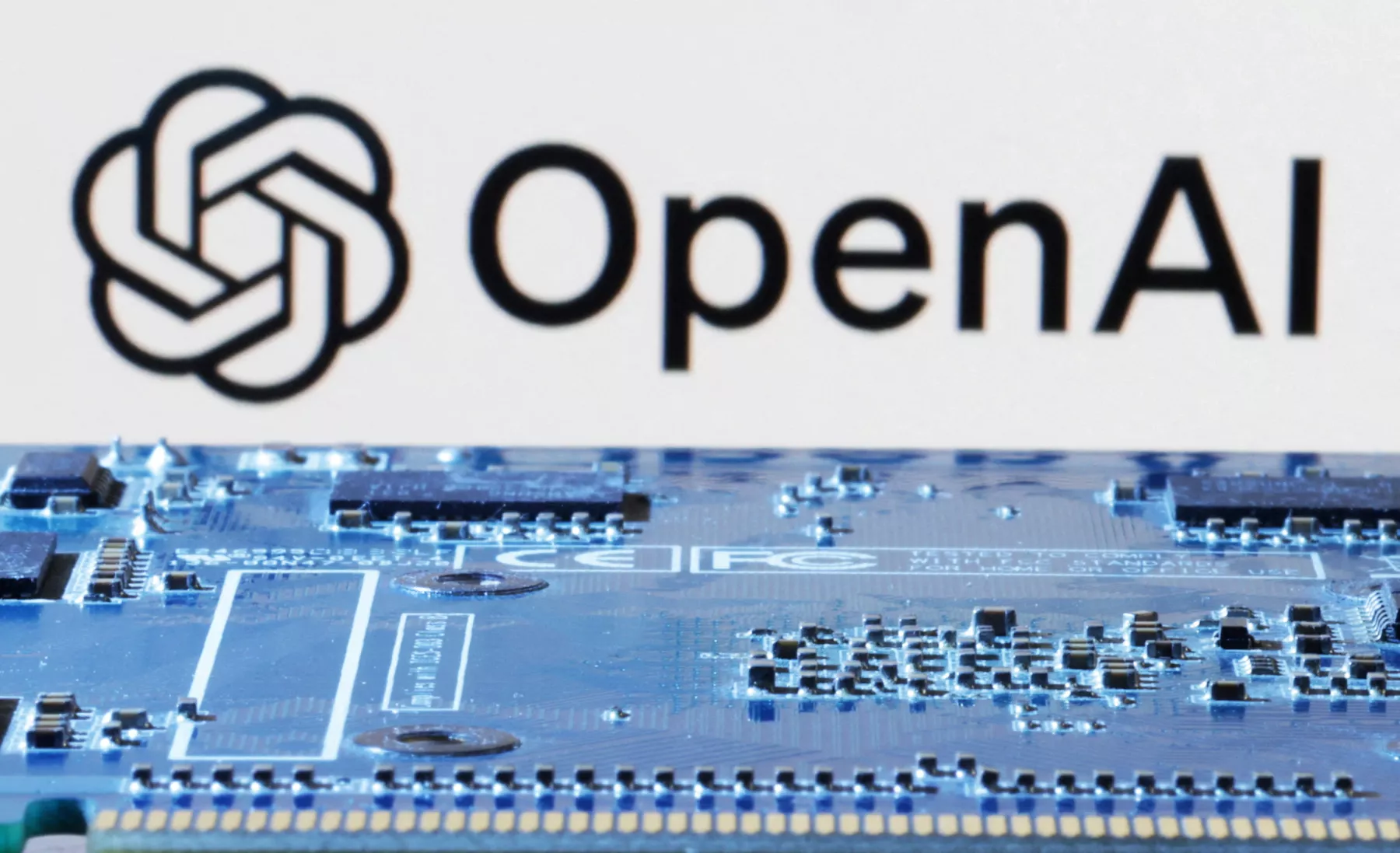
Tranding News

